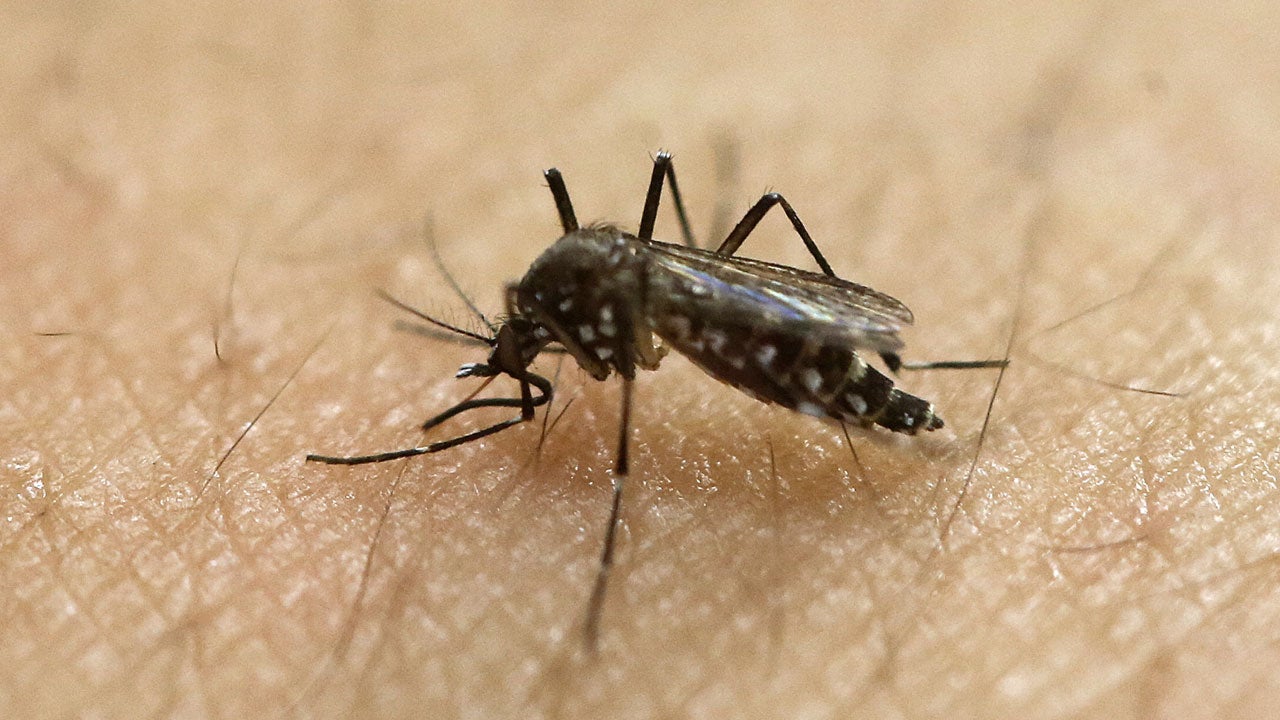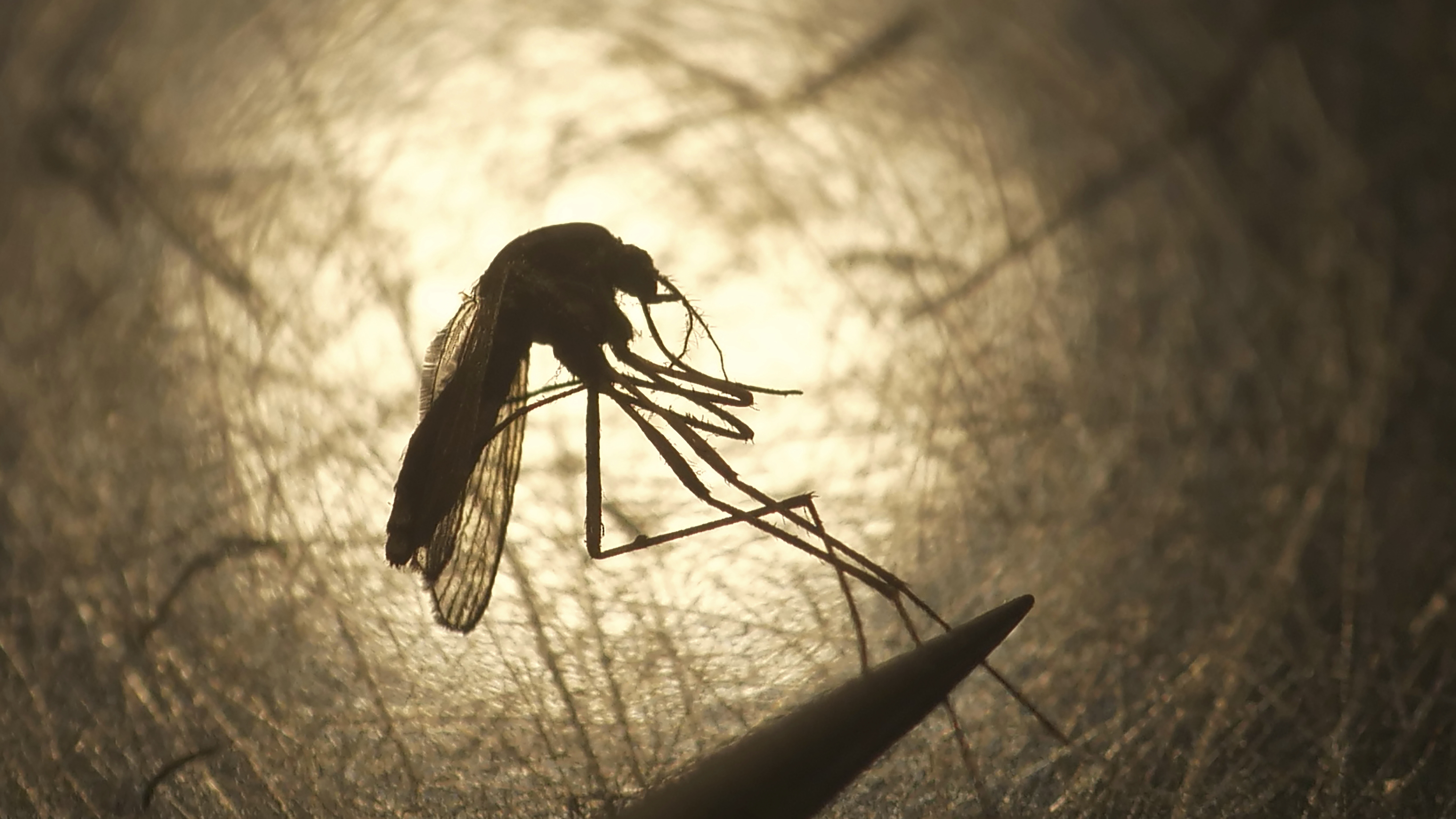Colder fall weather hampers mosquitoes’ reproduction and survival rates
INDIANAPOLIS (WISH) — As autumn approaches Indiana and temperatures begin to drop, an unexpected ally emerges in the fight against mosquitoes.
Recent studies have revealed that colder weather conditions play a significant role in slowing down and even decimating mosquito populations. This newfound understanding could have profound implications for controlling the spread of mosquito-borne diseases.

Mosquitoes, notorious for their role in transmitting diseases such as malaria, dengue fever, and Zika virus, thrive in warm and humid environments. However, as temperatures decrease, these resilient pests face numerous challenges that affect their reproduction and overall survival rates.
One of the critical factors influenced by cooler temperatures is mosquito breeding. Female mosquitoes lay their eggs in stagnant water sources, such as pools, ponds, and rain-filled containers. Warmer temperatures facilitate quicker development and hatching of mosquito larvae. However, when temperatures drop, the development process slows down significantly, extending the time it takes for the larvae to reach adulthood. Consequently, the window of opportunity for mosquitoes to reproduce becomes narrower, hindering their ability to sustain their populations.

Moreover, lower temperatures also impact the metabolism and activity levels of mosquitoes. Cold weather causes mosquitoes to become less active, reducing their feeding frequency. Since female mosquitoes require a blood meal to lay eggs, a decrease in feeding activity can lead to reduced egg production and lower survival rates for the next generation.
Additionally, the lifespan of adult mosquitoes is significantly affected by colder temperatures. Mosquitoes have a limited lifespan, typically ranging from a few weeks to a few months. However, when exposed to chilly conditions, their metabolism slows down, and their ability to survive decreases. As a result, the overall mosquito population experiences a decline as individuals succumb to the harsher environment.

The number to beat is 50 degrees. Temperatures nearing 50 degrees will slow mosquitoes down temporarily but those temperatures below 50 degrees are where mosquitoes start to die. Hopefully, with nightly temperatures in the 40s coming up, Hoosiers will notice a big difference in the mosquito population outside.



